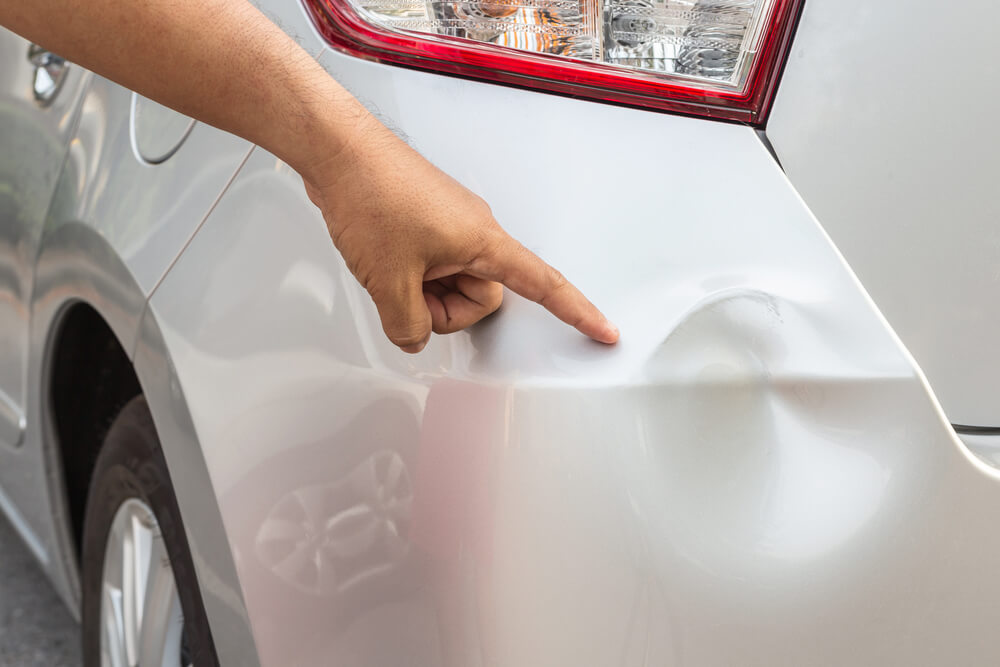When Can I Pursue a Fault-Based Claim?
You might qualify to pursue compensation through an auto liability insurance claim or personal injury lawsuit. These fault-based cases require you to show that the other driver caused the crash and your injuries.
Each state with no-fault insurance laws has its own rules about when a crash victim should pursue a fault-based claim.
Two common triggers for fault-based claims are:
- When the victim suffers serious injuries
- When the victim’s expenses exceed their PIP coverage
Depending on applicable law and the circumstances of the case, many
collision victims could qualify to recover fault-based compensation. Catastrophic injuries almost always qualify, but sometimes a broken arm or less-severe injury could suffice. A car accident law firm in your state can assess your options following a crash.
If the firm’s legal team believes they will find enough evidence to support your claim or lawsuit, they may represent you on contingency. In other words, they will not charge you any upfront fees or out-of-pocket costs. You pay their attorney’s fees as a portion of the total money recovered in your case—so you only pay if they win.
Work With an Attorney to Fight for the Compensation You Deserve
Working with a car crash attorney on your case can benefit you in several ways. An attorney can navigate your claim with the no-fault carrier, assess your options for a fault-based case, and pursue the compensation you deserve through a negligence claim or lawsuit.
You can hold a driver liable for causing a collision by:
- Filing an insurance claim
- Filing a personal injury lawsuit
- Pursuing both options concurrently
Showing the At-Fault Driver Acted Negligently
Before an attorney decides how to approach your case, they will gather evidence to show the driver acted negligently.
They must show four legal elements to prove negligence:
- Duty of care
- Breach of duty
- Causation
- Harm
In traffic collisions, the duty of care generally comes from a traffic law. The at-fault driver breaches their duty by violating the law. This breach of duty causes a collision, and the victim suffers injuries and financial damages. Showing each of these elements requires evidence.
Gathering Evidence and Negotiating a Settlement
To gather common evidence in a collision case, an attorney could:
- Review the police report and other official documents
- Gather relevant medical records
- Seek and preserve photos and videos of the crash
- Interview eyewitnesses
- Hire accident reconstruction specialists
- Survey the crash site
- Examine physical evidence
- Consult with experts
- Document all damages
With the right evidence to support their client’s allegations against the accused driver, the attorney can approach the driver’s insurer and demand fair compensation. Doing so often leads to negotiations for a fair settlement agreement. Insurance settlements are how most traffic collision cases end—few go to trial. Instead, the insurance carrier and victim reach an acceptable agreement, the insurer pays, and the case ends.
If the attorney believes you must file suit, they can file the paperwork in the appropriate civil court. This often occurs while the law firm continues to negotiate and fight for fair compensation from the insurance company in question.
Having the experience, knowledge, and resources of a personal injury firm behind you during this means you do not need to navigate settlement negotiations or the legal system alone. Instead, you can focus on your healing and let your attorney deal with everything else.
Connect With a Car Crash Law Firm Near You for a Free Consultation
If you suffered injuries in a crash with default no-fault insurance coverage, that is your first but not always your only option. You could have the right to sue the at-fault driver or pursue compensation through other means. The best way to find out is to consult a car accident lawyer well-versed in cases like yours.
Contact an experienced
personal injury attorney in Long Island as soon as your injuries allow.
Most Long Island personal injury law firms provide free assessments where you can learn more about your case, the applicable laws in your state, and what to do next. An attorney might offer to handle your claim, challenge the denial, or file a lawsuit for you. You may still have options to pursue compensation after a crash. Let a car accident lawyer manage the entire process for you.
